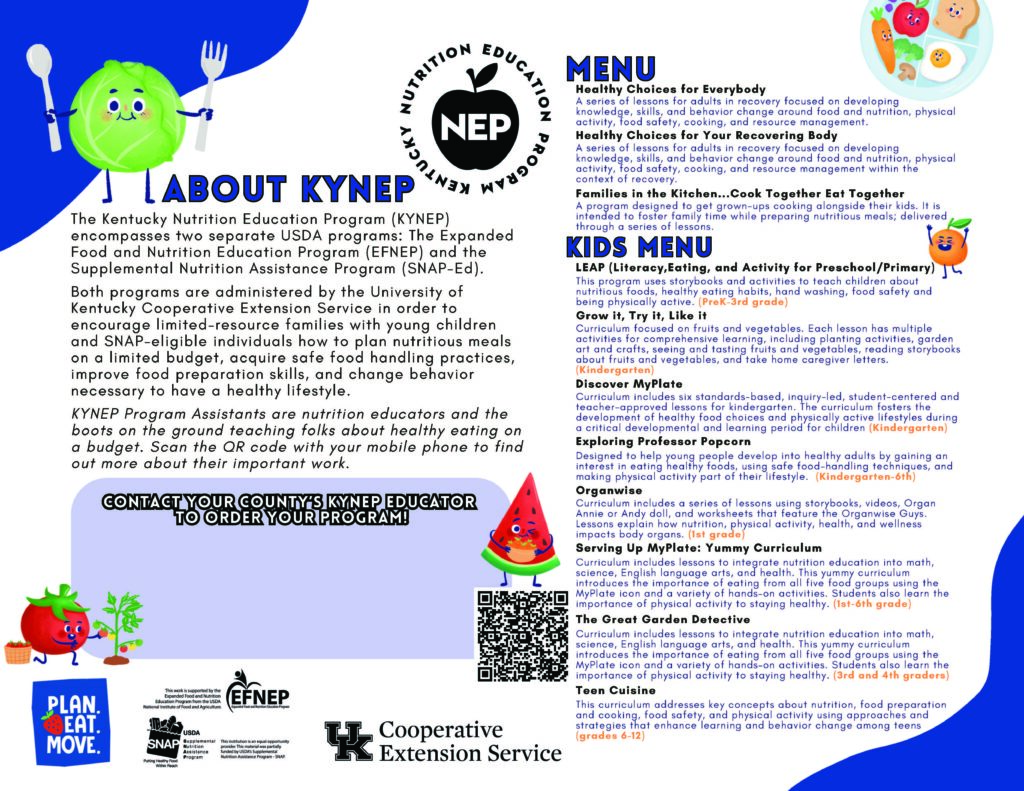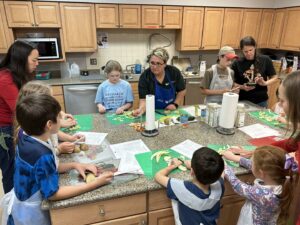Introduction:
In our busy world, many people eat unhealthy food and don’t move around enough. That’s why it’s really important to learn about nutrition. In this blog post, we will learn about the important role of a Nutrition Education Program Assistant and how they make a big impact on communities through teaching about healthy eating. They work closely with County and Area Extension Agents to provide educational programs to people with limited resources, focusing on topics like nutrition, food safety, and managing money for food.
What They Do:
Nutrition Education Program Assistants have many important tasks. They:
- Teach Workshops and Classes: They run workshops, classes, exhibits, presentations, and food demonstrations to teach people about nutrition and healthy eating.
- Help People Join Programs: They find and sign up young people, individuals, and families for the SNAP-Ed Program. They make sure everyone who meets the income requirements can participate.
- Plan and Organize: They work with extension agents to plan and organize the educational programs. They make sure the programs fit the needs of the community.
- Evaluate and Report: They check how well the programs are working and keep records of what they do. They use computers and the internet to write reports.
- Connect People to Resources: They find out what people need beyond just learning about nutrition. They refer them to extension agents who can help. They also build relationships with community partners to make the programs even better.
The Impact of Nutrition Education Programs:
The Nutrition Education Program (NEP) in Kentucky gets funding from SNAP-Ed and EFNEP. It aims to improve the health of people with limited resources. Here are some ways the programs make a difference:
- Healthier Choices: People learn how to make better choices about what they eat. They learn how to be healthier and take care of their bodies.
- Being Active: They also learn about being physically active and why it’s important. They understand that exercise is good for them.
- Money-Saving Tips: They get helpful tips on how to stretch their money when buying food. This helps them make their food budget go further.
- Independence and Well-being: People become more independent and take charge of their health. They feel better and have a better quality of life.
- Working Together: The programs work with others in the community to make healthy choices easier. They create school programs, gardens, and places where people can get healthy food.
Conclusion:
Almost 600,000 participants benefited from SNAP-Ed and EFNEP services in 2022. Nutrition Education Program Assistants play a big role in helping folks by teaching them about healthy eating. These educators run programs, support people in making good choices, and build partnerships. Their work makes a real difference in improving the health of those with limited resources. They care about helping others and have opportunities to grow personally and professionally in this rewarding career while making an impact in their Kentucky communities.
Source: LaToya Drake, Program Coordinator, KY Nutrition Education Program, University of Kentucky Cooperative Extension Service

